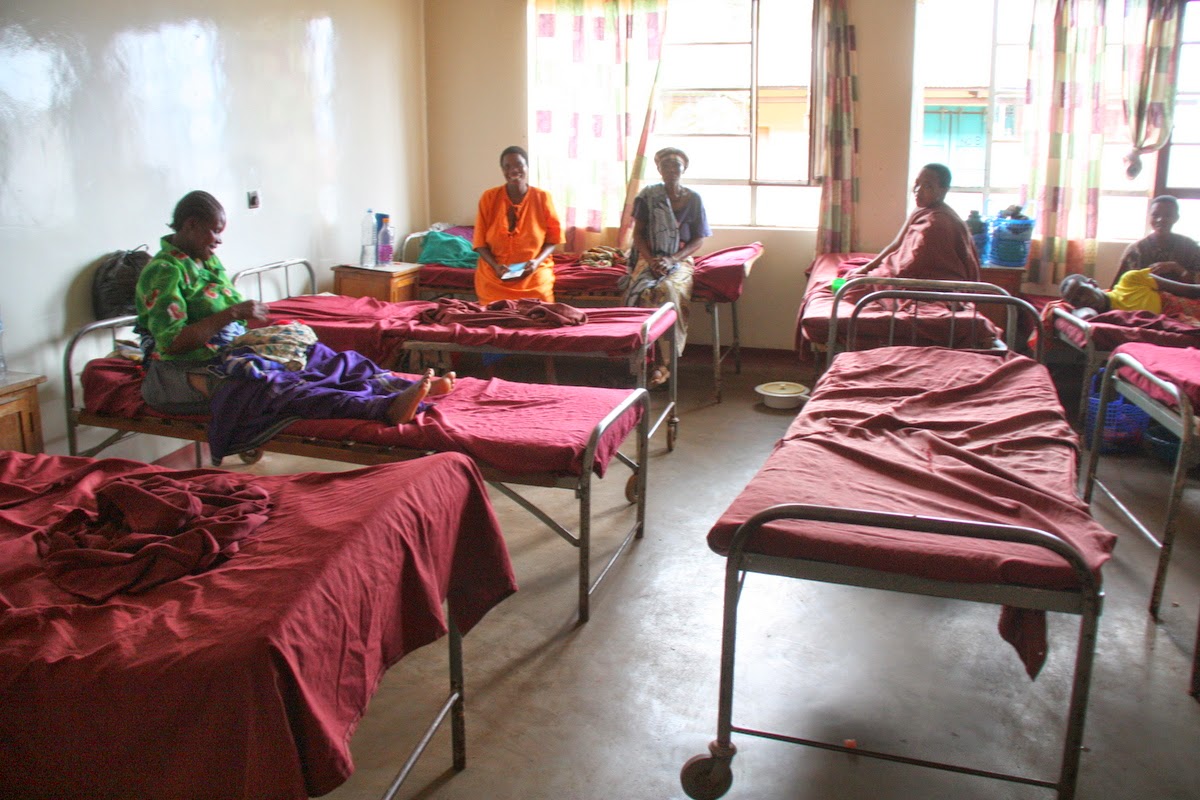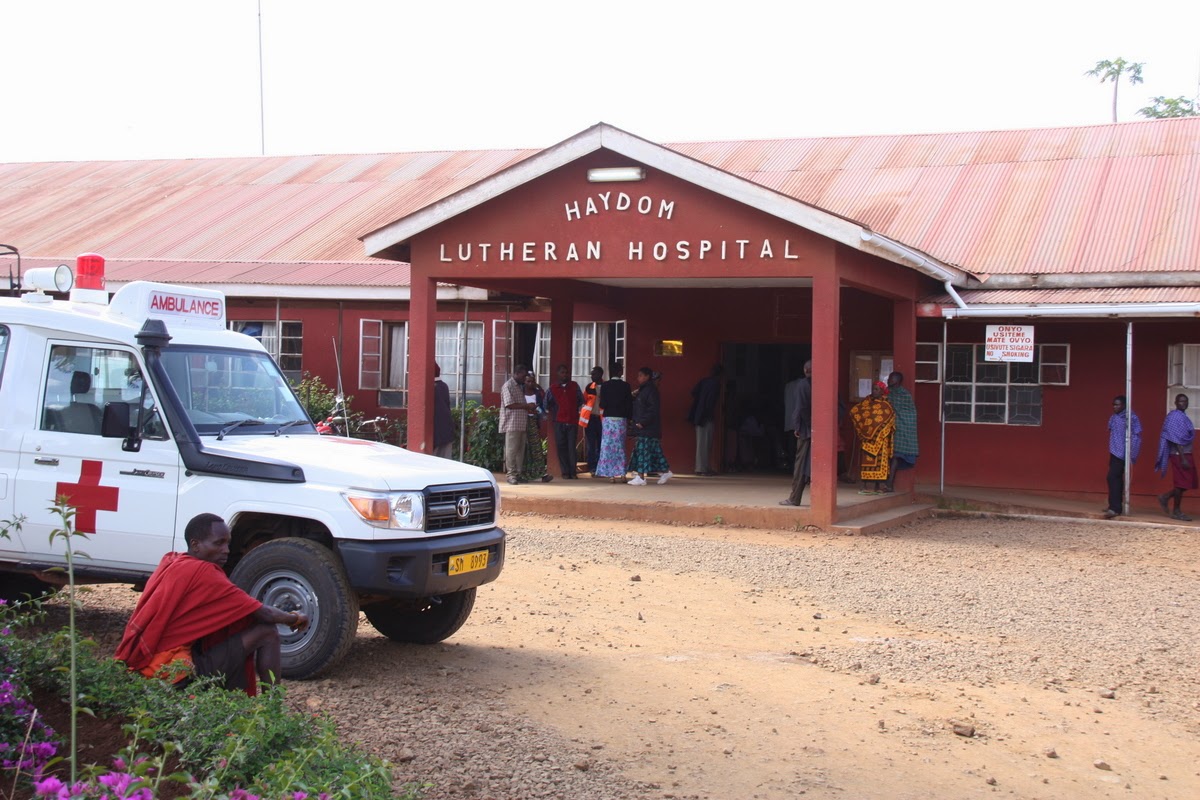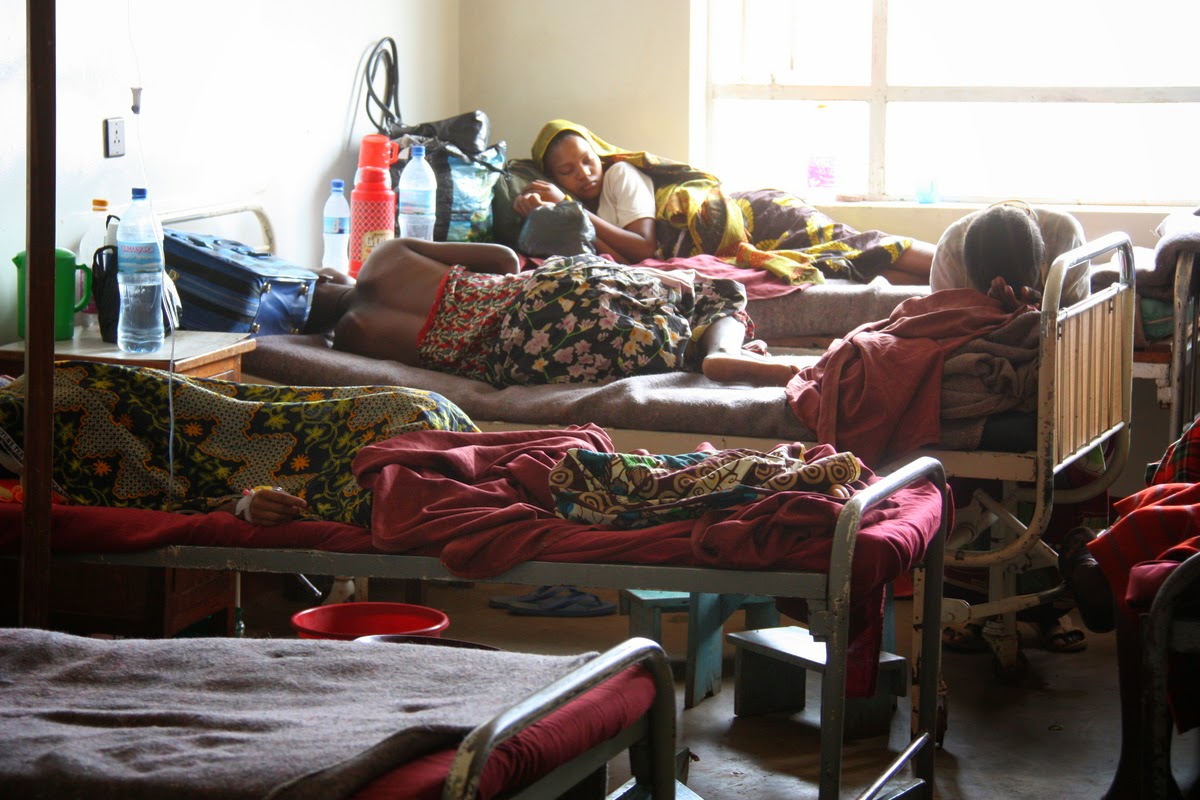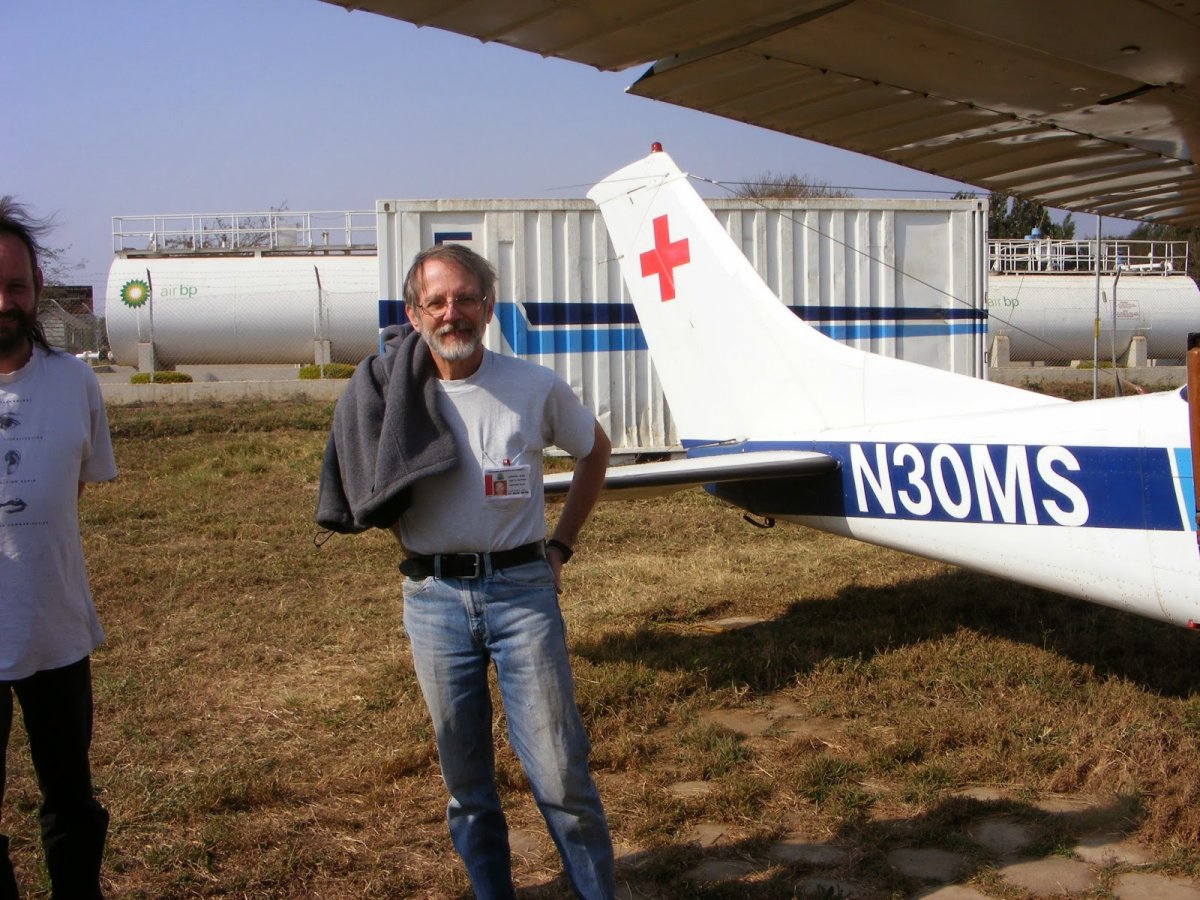How African Hospitals Can Be Helped Through Open Source ERP and EHR Software
The daily management and operation of a hospital requires enormous effort. These days, most hospitals utilize Enterprise Resource Planning (ERP) software to centralize facility operations including inventory, budgets, invoicing, and employee management.Any hospital administrator will tell you that ERP software is essential to efficiently managing their hospital as the software lowers inventory costs and improves efficiencies and quality.
Unfortunately, most hospitals in Africa do not have the financial means to purchase expensive ERP software systems. Enter Tim Schofield, an open source software developer and project leader on an open source ERP project called “KwaMoja.”We had the opportunity to talk with Tim and discuss his efforts to develop and implement KwaMoja in African hospitals. We had a great conversation that also looked at how open source ERPs can create more self-sufficient African businesses that can be more competitive and be less reliant on other nations.
 Maternity ward at the 400-bed Haydom Lutheran Hospital in Tanzania, Africa.
Maternity ward at the 400-bed Haydom Lutheran Hospital in Tanzania, Africa.
Q. Tim, thanks for taking the time to sit down with us. Tell us about 'KwaMoja" the open source software project you are working on?
A. To properly tell you about KwaMoja I have to go back on some history. KwaMoja is a fork of the webERP project, which is an open source general purpose accounting/ order processing, inventory management system. I have worked on that project for many years, and in 2008 I was asked by the Evangelical Lutheran Church of Tanzania to go and help them adapt webERP to be used in one of their biggest hospitals. The project involved linking with an open source health information system called Care2x. I fell in love with East Africa and its people, and at the end of the Haydom project I stayed on and looked for similar projects to work on.
Fast forward a few of years and I was asked to run a course at a college in Kenya. I decided that the basis of that course would be writing some extensions to webERP. This went well and at the end of the course a group of students wanted to carry the work on. At the time, the webERP project was being torn apart by arguments and bad feeling (unfortunately this happens all too often in open source projects) so I suggested that they take the webERP code and do what is called a "fork". In other words take a perfectly legal copy of the work, and branch off in a new direction.
 Outside the Haydom Lutheran Hospital in Tanzania
Outside the Haydom Lutheran Hospital in Tanzania
The term KwaMoja comes from kiswahili the dominant language in both Kenya and Tanzania. Literally kwa moja means "for one" and is intended to refer to the integrated nature of the software, and a sense of unity given the problems with webERP at the time. Thus KwaMoja was born.
Q. What is "open source" hospital management software?
A. "Open Source" is also known as Free software. It is built by a community of developers that anybody can join. The Free means it is free from any restrictions. It is available for anybody to take, adapt to their needs, and use. All that is demanded from the license is that when people adapt and improve the software, those adaptations are offered back to the community, helping the software get better. Many of the users that we help are hospitals where we link KwaMoja with Care2x (see my answer to the previous question). Our current project is to merge care2x into KwaMoja, to create a completely integrated system that can work in any hospital, this we are currently calling Project Mtuha, though the name will probably change at some point.
Q. How can these open source programs benefit Africans?
A. Firstly Hospitals in Africa cannot afford the commercial ICT systems we use in western hospitals. To put some perspective on the financials, Haydom hospital in Tanzania mentioned above is a 400-bed hospital (often with more than one in a bed) costs USD6m a year to run. Picking a western hospital at random, the University Hospital of Kansas is a 600-bed hospital and has an annual revenue of USD1.1bn in 2013. Open source enables hospitals in Africa to get state of the art software at a price they can afford.
Unfortunately, hospitals in East Africa suffer from the great disease of corruption. Our system enables management and donors to keep a close control of what is going on in the hospital, even when the donors are on a different continent. We have seen some significant reductions in money leaking from the hospitals, and this in turn means the money can be spent on patient care.
 The maternity ward at Haydom
The maternity ward at Haydom
Q. What stage is the project in?
A. KwaMoja is working, and is already used in many organisations. As with all these projects it will never be complete, there will always be new features to be added, and that's most of the fun!
Project Mtuha is still in the early stages. We urgently need more funding to employ some African developers to work on it. At the moment it is moving, but moving slowly.
Q. Where and how have you gained support for these projects?
A. We have a large following on social media, mainly on twitter, and LinkedIn but in a smaller way on Google+ and Facebook as well. I write regular articles and blog posts promoting our work. I speak to all the faith organisations who run hospitals in East Africa.
Q. What is the implementation and roll out strategy for these projects?
A. Commercial ERP vendors in East Africa (eg SAP or Microsoft Dynamics) charge USD500+ a day for their consultancy services, on top of software licenses that generally cost more than USD1,500 per user (then this money goes out of the country back to the west).
Africa has a huge amount of talent and my dream is to harness this talent and recruit a network of independent consultants throughout Africa who can sell services around the project, keeping the money in Africa. The software comes to them free, they don't pay licenses to multi nationals, just charge for their own skills, and this will bring the huge benefits of the software to African organizations.
Q. What are the biggest challenges you face?
A. The three biggest challenges are money, money and money! We are constantly held back by lack of resources. Project Mtuha would be complete by now if we could employ local developers to build the system.
 Tim Schofield
Tim Schofield
| This post was originally published in crushplate. It is reprinted here with permission. The original post can be found here. |
- Tags:
- Africa
- Care2x
- commercial ICT systems
- East Africa
- enterprise resource planning (ERP)
- Evangelical Lutheran Church of Tanzania
- Haydom Lutheran Hospital in Tanzania
- heaith information system (HIS)
- hospital management software (HMS)
- Kenya
- kiswahili
- KwaMoja
- open source ERP
- open source HIS
- open source HMS
- open source software (OSS)
- open source software developer
- Project Mtuha
- Tanzania
- Tim Schofield
- University Hospital of Kansas
- webERP
- Login to post comments